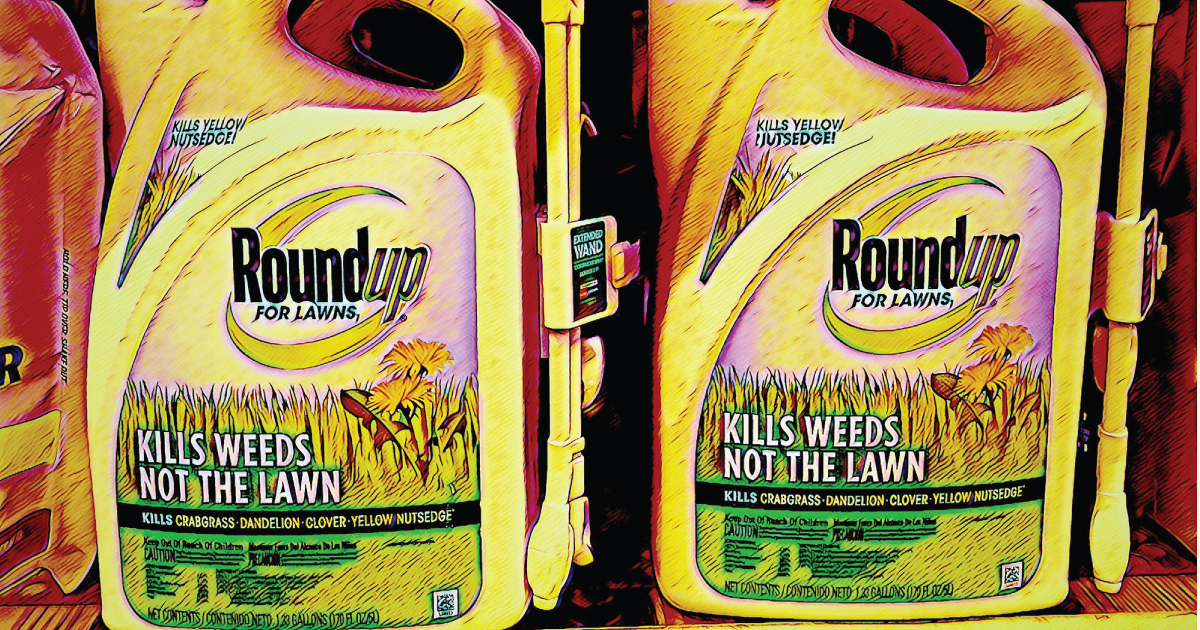
EU Infiltrated by Pesticide Industry Plagiarizes Safety Study
Controversy over glyphosate has reached an all-time high in the European Union (EU), after researchers accused the German Federal Institute for Risk Assessment (BfR) of plagiarizing a report supporting its safety. The plagiarized sections were largely lifted from a paper written by the pesticide industry, raising serious concerns about the legitimacy of the findings.
January 29, 2019 | Source: Mercola.com | by Dr. Joseph Mercola
Controversy over glyphosate has reached an all-time high in the European Union (EU), after researchers accused the German Federal Institute for Risk Assessment (BfR) of plagiarizing a report supporting its safety. The plagiarized sections were largely lifted from a paper written by the pesticide industry, raising serious concerns about the legitimacy of the findings.
The scandal asserts that the German risk assessment of glyphosate, the active ingredient in Roundup herbicide, contains sections “copy pasted” from industry contributions, which likely influenced the EU’s favorable vote to renew the chemical’s license.
Questions Surrounding EU Glyphosate Risk Assessment First Surfaced in 2015
Concerns over glyphosate’s toxicity have been mounting since the International Agency for Research on Cancer’s (IARC) 2015 determination that glyphosate is a “probable carcinogen.” In the EU, European Commission leaders met in March 2016 to vote on whether to renew a 15-year license for glyphosate, which was set to expire in June of that year.
The decision was tabled amid mounting opposition, as more than 180,000 Europeans signed a petition calling for glyphosate to be banned outright. Ultimately, more than 2 million signatures were collected against relicensing the chemical. In June 2016, however, the European Commission granted an 18-month extension to glyphosate while they continued the review.
In November 2017, EU countries voted to renew glyphosate’s license for another five years, amid intense debate from opposition who warned the chemical may cause cancer and harm soil health. The decision was said to be largely the result of a BfR (EU-commissioned) risk assessment,1 which essentially found that glyphosate is safe and “classification and labeling [of glyphosate] for carcinogenicity is not warranted.”2
Concerns over whether the assessment was truly an independent review surfaced almost immediately. The Guardian reported at the time that much of the assessment was not actually written by independent scientists but rather “by the European Glyphosate Task Force, a consortium of agrochemical firms.”3
BfR responded, stating that there was too much evidence for them to report on the original studies in-depth so instead they commented on descriptions provided by the industry. “BfR regulators commented, in italics, on the industry text, but this falls well short of what most people would understand as an independent review,” The Guardian noted in 2015.4
German Toxicologist Also Criticized BfR’s Glyphosate Assessment
Peter Clausing, Ph.D., a former industry toxicologist who is now in the employ of Pesticide Action Network Germany, also criticized the BfR assessment and claimed the European Food Safety Authority (EFSA) committed scientific fraud when they contradicted the IARC, concluding that glyphosate is not carcinogenic.
According to Clausing, BfR and EFSA included five mouse studies in their evaluation — all of which actually showed that male mice experienced a statistically significant increase in one or more types of cancer.
Clausing also noted that these findings alone exceed the EU’s criterion for the classification of glyphosate as a 1B carcinogen (substances presumed to have carcinogenic potential for humans), which would result in an automatic ban. He also showed that Organization for Economic Co-operation and Development (OECD) guidelines for industry testing of chemicals had been violated. GM Watch wrote:5
“Interestingly, the IARC reviewed the available animal studies and concluded, like Clausing, that they showed that glyphosate caused an increase in cancer. Why the difference of opinion between IARC and the German authorities?
The answer is given in BfR’s own report on IARC’s findings. Unlike the German authorities, IARC applied the superior statistical analysis — the trend test. Also unlike the German authorities, IARC did not violate OECD guidelines by claiming that a second type of statistical analysis canceled out the findings of the first.”
